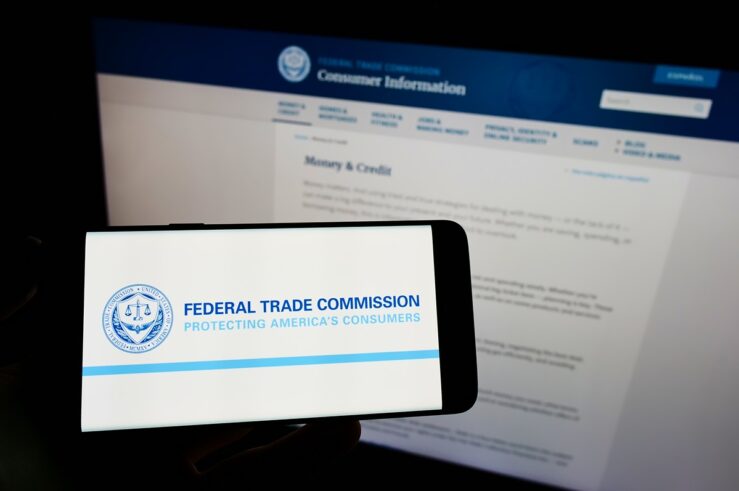Many believe that law school applicants have been misled about or just don’t understand the market for legal services. I think it’s worth exploring the alternative hypothesis that law school is college grads’ best opportunity despite the market.
Today’s WSJ discusses one possible basis for this conclusion — college students’ poor choice of what to study:
Although the number of college graduates increased about 29% between 2001 and 2009, the number graduating with engineering degrees only increased 19%, according to the most recent statistics from the U.S. Dept. of Education. The number with computer and information-sciences degrees decreased 14%. * * *
Research has shown that graduating with these majors provides a good foundation not just for so-called STEM jobs, or those in the science, technology, engineering, and math fields, but a whole range of industries where earnings expectations are high. Business, finance and consulting firms, as well as most health-care professions, are keen to hire those who bring quantitative skills and can help them stay competitive.
Why?
Science classes may also require more time—something U.S. college students may not be willing to commit. In a recent study, sociologists Richard Arum of New York University and Josipa Roksa of the University of Virginia found that the average U.S. student in their sample spent only about 12 to 13 hours a week studying, about half the time spent by students in 1960. They found that math and science—though not engineering—students study on average about three hours more per week than their non-science-major counterparts.
Tyler Cowen discusses the problem from a broader perspective:
Since 1997-2000, there is downward pressure on lots of wages, but morale matters and labor market incumbents retain a favored position. Though some wages fall, employers resist that downward pressure, and pass along a lot of the burden of adjustment to new job seekers. Even if that original downward pressure on wages is smallish, new job seekers have to make big adjustments in their career plans, majors, ambitions, etc. to get through the door at all. They didn’t. * * *
So the law placement problem may be about bad choices, but the choices are the ones made by college sophomores, not college seniors. The persistent demand for law school might be at least partly explained by the fact that college hasn’t given law school applicants the skills to go where most jobs are. Law school then becomes the best way to utilize the skills that they have.
Perhaps colleges should offer better career guidance at an earlier stage. Or maybe the problem lies in grammar or high school education, or in the design of college science, math and engineering courses.
Law schools should, of course, provide full disclosure of the job market for their grads. But we shouldn’t assume that disclosure is the whole problem, particularly as news of the law job market gets out anyway. Law school applications might be a symptom of a broader problem with broader solutions. If I’m right, the real drop in law school applications may significantly lag the law job market as the message percolates down to college students.
And it’s worth adding that law itself might be a STEM job of the future, as law becomes more tech-oriented.




